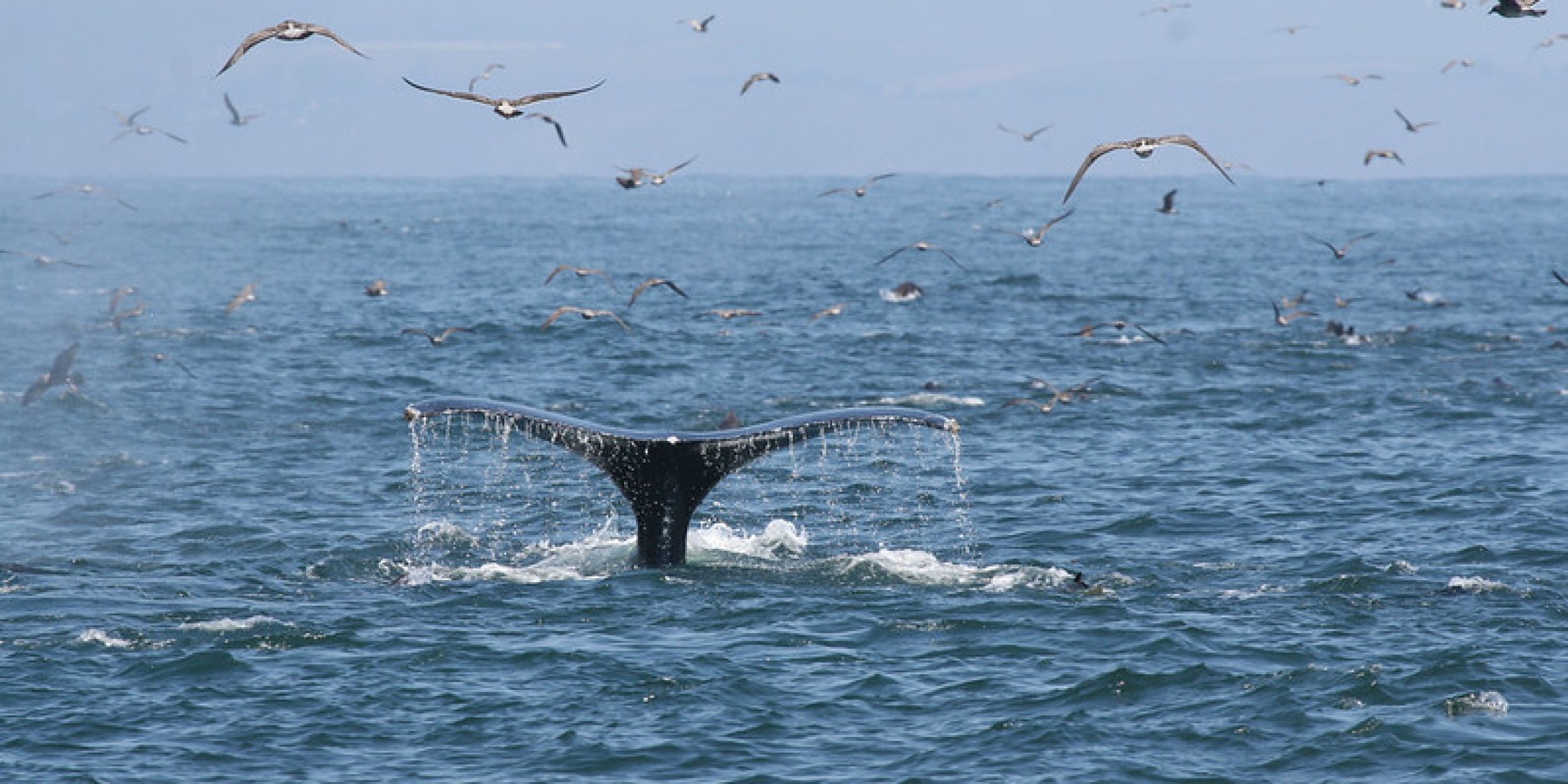Imagine predicting the future of ecosystems and their health, much like we forecast the weather. Faced with environmental challenges brought on by climate change, scientists supported by the Climate Program Office’s Modeling, Analysis, Predictions, and Projections (MAPP) Program show that existing marine tools can forecast ecological conditions up to a year in advance, with an emphasis on the impacts of extreme climate events. MAPP supported scientist Michael Jacox of the University of California Santa Cruz to work with a team of researchers to develop proactive management strategies to reduce uncertainty and anxiety in the face of changing ocean conditions and resource management challenges. These forecasts, based on ocean temperature anomalies, provide information that can help decision-makers prevent ocean creatures like whales and turtles from getting caught in fishing equipment. The tool can also warn us about potential conflicts between humans and wildlife due to extreme climate events. Surprisingly, these forecasts can be just as accurate globally as they are when tailored to specific regions, offering a promising way to enhance marine resource management and global climate adaptation. This work, published in Nature Communications, contributes to the goals of MAPP’s Marine Prediction Task Force to provide forecasts and other tools that can help solve diverse science and management challenges.
For more information, contact Clara Deck.
Image credit: NOAA Monterey Bay National Marine Sanctuary



